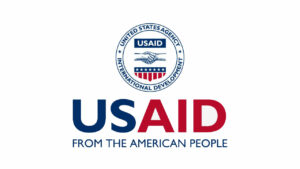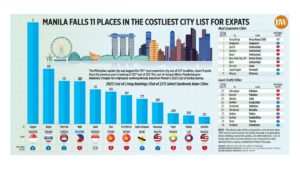USAID helping PHL regulator effect clean energy transition

THE US Agency for International Development (USAID) said it is working with the Energy Regulatory Commission (ERC) to develop regulations to advance the Philippine clean energy transition.“USAID will continue its assistance to provide assistance to ERC to help strengthen the institutional capacity of the regulator to respond to the emerging challenges of the energy sector and the continuing implementation of the power sector reforms,” it said in an e-mail interview.
Through the Energy Security Philippines Activity, USAID said it is supporting initiatives such as the determination of Green Energy Auction Reserve (GEAR) prices; distributed energy sources and net metering rules; a competitive retail electricity market; advanced metering infrastructure rules; the promotion of energy storage systems; and the use of electric vehicles and establishment of electric charging stations.
“USAID efforts likewise advance energy democracy by supporting institutional development such as ERC’s digital transformation named LINKod that, among others, champions consumer-centric governance,” it said.
“The services digitized include a consumer complaints system, an online filing and application system, a billing and revenue system, an online uniform reportorial requirements system, and a competitive retail electricity market monitoring and reporting system,” it added.
USAID said it has been working with the ERC since the Electric Power Industry Reform Act was signed in 2001.
The Philippines is hoping to increase the share of renewable energy (RE) in the power generation mix to 35% by 2030 and to 50% by 2040.
USAID said it earmarks around $120 million annually for the Philippines to support its development programs.
“The Philippines is a key partner in promoting sustainable and inclusive development in the region. USAID is among the largest bilateral donors to the Philippines and invests approximately $120 million annually to promote inclusive, market-driven growth,” it said.
Its commitments also aim to “foster strong democratic systems and economic governance; promote responsible natural resource management; enhance community resilience; and improve access to and quality of education and health services.”
USAID is also currently working on its Country Development Coordination Strategies for 2024 to 2029.
“As part of the planning process, we will revisit our results to date, and collaborate with our development partners, government stakeholders, and the US government interagency to determine new priorities and development objectives,” it said.
“USAID is actively engaging partners from national and local governments, private sector, academia, civil society, and local communities to identify priorities for the next iteration of our country strategy, as well as ensure investments effectively align with the country’s needs,” it added.
In October, USAID announced it was providing P624 million for the Urban Connect Project, which aims to help modernize cities’ services and financial management.
The project partnered with the city governments of Batangas, Legazpi, Puerto Princesa, Iloilo, Tacloban, Tagbilaran, Cagayan de Oro, General Santos, and Zamboanga. —Luisa Maria Jacinta C. Jocson




